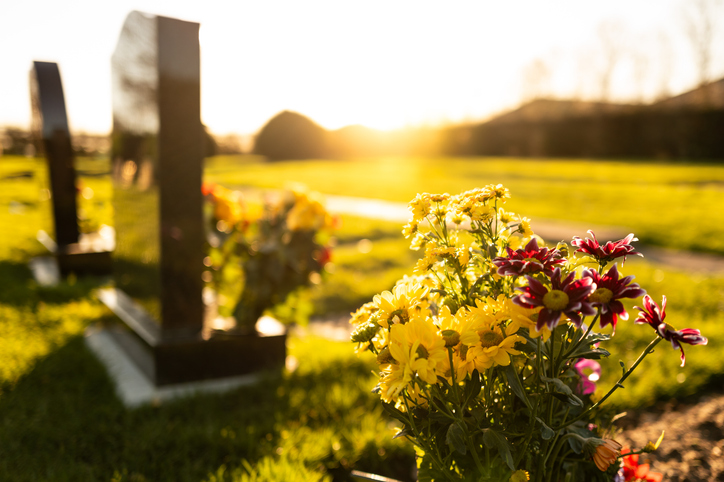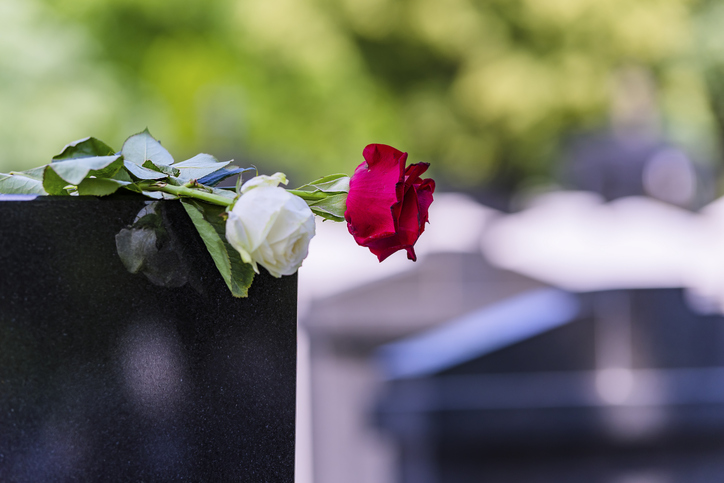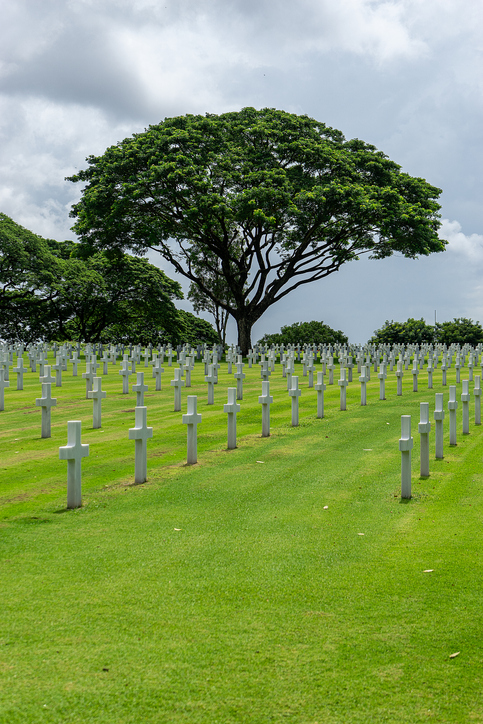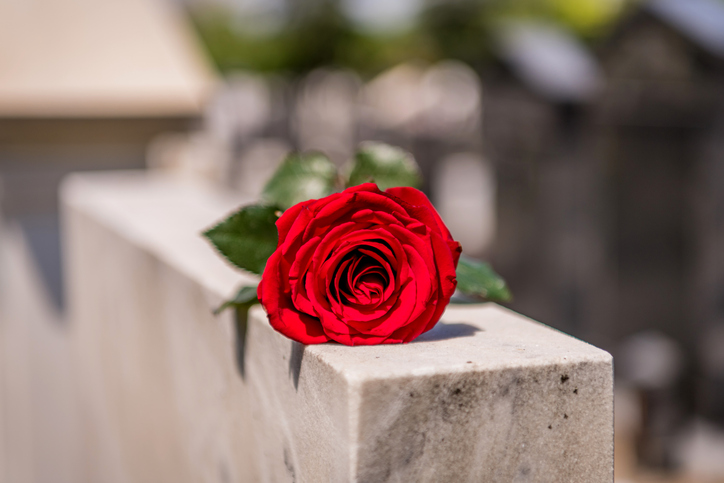Dying at Home


Dying at Home
A loved one dying at home can be a deeply emotional experience.
Whether expected or sudden, knowing what to do next can be overwhelming. At Cutmore Family Funeral Directors, we are here to support you with clear, compassionate guidance during this difficult time — helping you take the necessary steps with dignity, care, and confidence. From the first call to the final farewell, we’re by your side, ensuring every detail is handled respectfully and with genuine compassion.
What to Do Immediately
If a loved one dies at home and the death was expected (for example, due to a terminal illness), the first step is to contact their GP or the NHS out-of-hours service. A qualified medical professional must confirm the death and issue a Medical Certificate of Cause of Death.
If the death was unexpected or sudden, you must call 999 immediately. The emergency services may attend the scene, and the police may also be involved if the cause of death is unclear. In such cases, the death will usually be reported to the coroner.
Obtaining the Medical Certificate
The attending doctor will issue a Medical Certificate of Cause of Death, which is required to register the death. If the death occurs out of hours, the certificate may be issued the following day once a GP or duty doctor reviews the case.
Once issued, the certificate will typically be sent directly to the local register office, or a copy may be given to you to take. This document is necessary to move forward with the funeral arrangements and legal matters.


Registering the Death
In England and Wales, you are legally required to register the loved one dying at home within five days. This must be done at the register office in the district where the death occurred.
What you will need:
- The Medical Certificate of Cause of Death
- The deceased’s full name and date of birth
- Their usual address
- Occupation
- Details of any pensions or benefits
- The name and date of birth of their spouse or civil partner
Once the death is registered, you’ll receive a Death Certificate and documents needed for burial or cremation. Additional copies of the Death Certificate are available for a fee and are often useful for dealing with legal and financial matters.
Choosing a Funeral Director
Once a medical professional has confirmed the death, you can contact your chosen funeral director. At Cutmore Family Funeral Directors, we are available 24 hours a day to attend the home and bring your loved one into our care.
We understand that these early hours are often the hardest. Our team will arrive respectfully and discreetly, offering guidance, reassurance, and support. We’ll also begin discussing funeral arrangements in a calm and supportive manner, only when you feel ready.
Unexpectedly Dying at Home
Someone dying at home unexpectedly or without a known medical condition must be reported to the coroner. This is usually initiated by emergency services or the attending GP. The coroner may order a post-mortem or an inquest to determine the cause of death.
In these situations, there may be a short delay before funeral arrangements can be confirmed. We will stay in close contact with the coroner’s office on your behalf, keeping you informed and helping you prepare for the next steps.
Contact Us
If you have experienced a loved one dying at home and you’re unsure what to do next, please contact us immediately. Our experienced team is available day or night to offer compassionate, practical support when you need it most.
Call us any time, or visit our Contact Page for more information.
